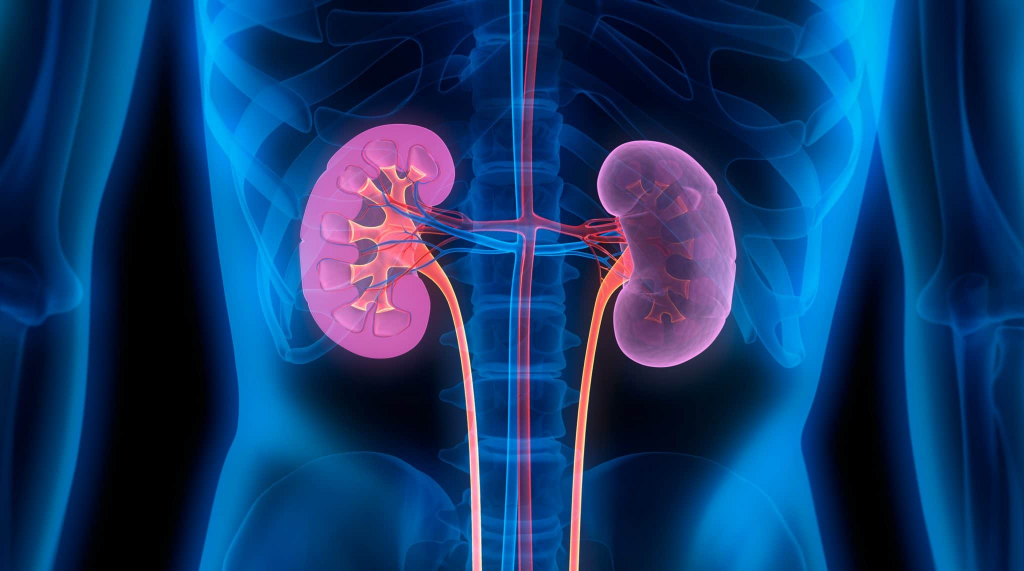If the need for comprehensive healthcare software solutions existed before COVID-19 ravaged the globe, today, it has become critical (and urgent). In the weeks and months following the onset of the pandemic, hospitals and medical services have turned to technology to facilitate diagnosis, provide online medication refills, treatment, and patient management.
A hospital’s EHR system needs to be ready and able to support these workflows without adding additional stress or burden to the already overburdened staff caring for patients during a time of crisis / emergency operations mode, this is why the use of software like an Electronic Health Record EMR Software is so beneficial. From transforming health management to drastically reducing the number of errors and mistakes that affect hospitals and practices every day of the year – there is simply no room for error when it comes to patient health and care.
As the healthcare landscape continues to evolve, the importance of point-of-care testing (POCT) has also grown significantly. RightSpotpH Indicators, as an example of innovative POCT solutions, offer real-time insights into patients’ conditions, allowing for swift and informed decision-making at the bedside. In times of crisis, such as the COVID-19 pandemic, these indicators become invaluable tools, enabling healthcare providers to quickly assess patients’ status and tailor treatments accordingly. By integrating seamlessly with electronic health record (EHR) systems, RightSpotpH Indicators enhance the efficiency of patient care workflows, empowering clinicians with accurate data right at their fingertips.
Medical practice management software offers many rich benefits to users looking to accelerate their digital migration ambitions including:
• Reducing administrative overheads through automation of routine tasks
• Increasing efficiency by streamlining workflow processes and improving communication between departments and staff teams within organizations as well as with external stakeholders such as patients and insurance companies.
• Improving patient outcomes by reducing medical errors and increasing the accuracy of clinical documentation and reporting using real-time information exchange systems to improve collaboration across facilities and services within the healthcare system.
Just like healthcare report errors, the realm of pharmaceutical mixing also encounters its own set of challenges. Whether in pharmaceuticals or chemical manufacturing, organizations seek to optimize their processes, and software solutions like those offered at https://visimix.com play a pivotal role. the benefits of software for industrial mixing, including increased efficiency, reduced errors, and enhanced collaboration, make it a compelling prospect for organizations striving for precision and excellence in their mixing processes.
While the benefits of adopting an electronic health record software are clear and compelling for healthcare organizations of all sizes in the public and private sectors alike – there remains a significant challenge in terms of adoption rates and the successful implementation of new solutions at scale across the entire healthcare sector worldwide due to a variety of factors ranging from a lack of resources to support large-scale implementations through to concerns about data security and regulatory concerns around data ownership and sharing when exchanging patient data between different healthcare facilities or services within a single organization.
One of the key benefits of electronic health records is their ability to integrate with other medical technologies and devices, such as browse scales, which can help healthcare professionals accurately monitor and track patients’ weight and other vital signs in real-time. By incorporating such devices into an EHR system, healthcare providers can ensure that they have access to up-to-date information on their patient’s health and well-being, which can help them to make better-informed decisions about treatment plans and care options. To learn more about how EHRs can benefit your organization and help you to improve patient outcomes, visit website today.
Given the ongoing uncertainty surrounding the impact of the coronavirus on the global economy and its impact on the healthcare industry in particular over the coming months and beyond as governments around the world implement measures to contain the spread of the virus and reduce its impact on the population at large while limiting the number of casualties and economic losses that arise from the outbreak of the disease and the associated economic fallout caused by reduced consumer spending and reduced demand for goods and services in the wider economy as a whole as a result of social distancing restrictions and other containment efforts designed to slow the rate of infection and slow the rate at which new cases of the disease are diagnosed and treated in hospitals and medical institutions across the country and around the world – now is the perfect time to invest in a comprehensive solution that will streamline your operations and enhance your patient care capabilities both now and in the future as the recovery process begins.

